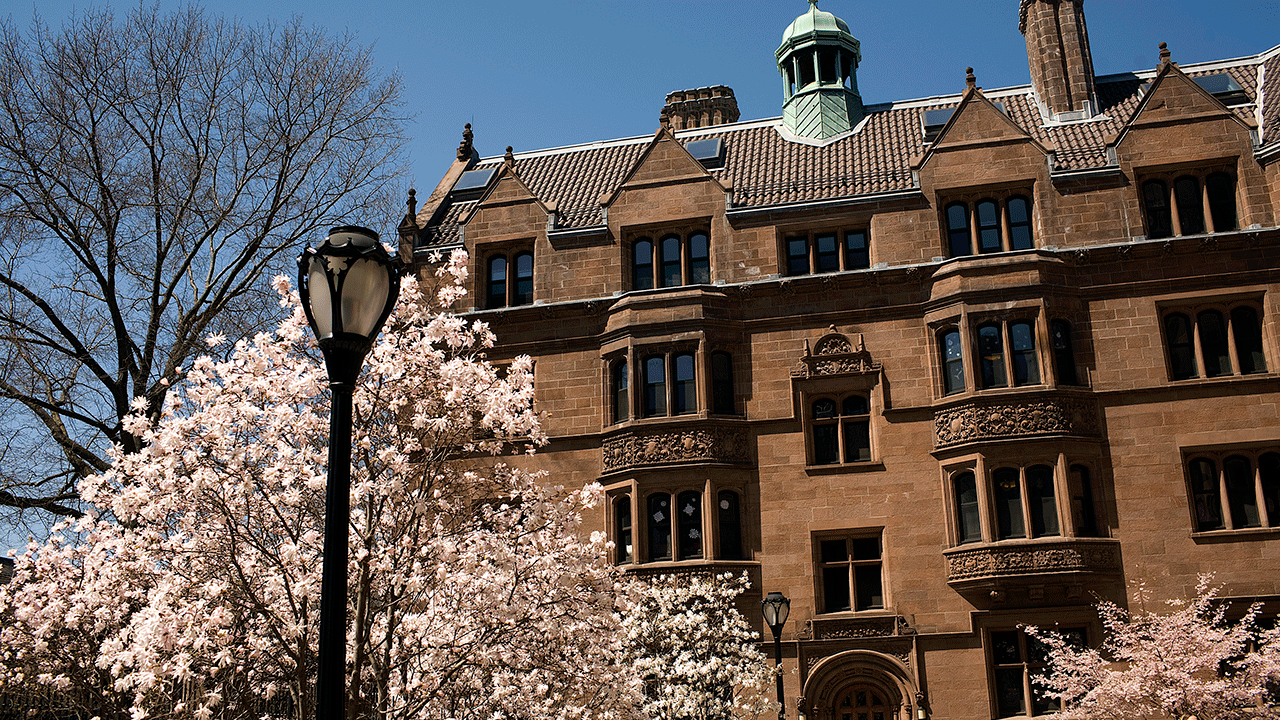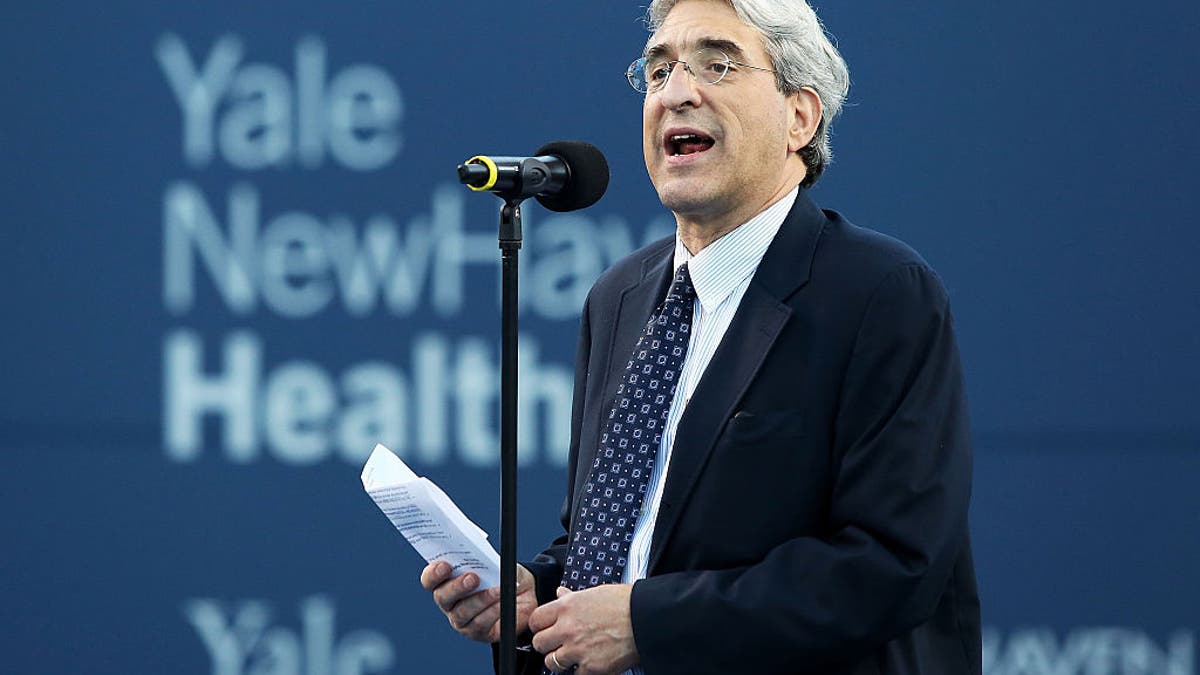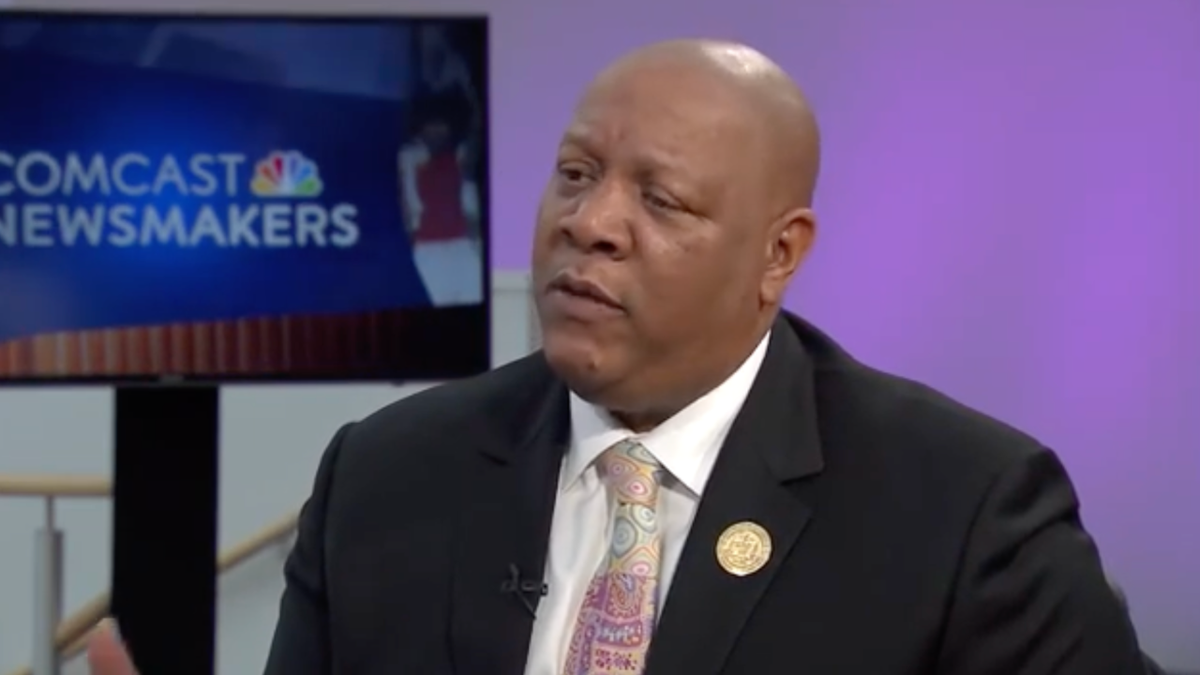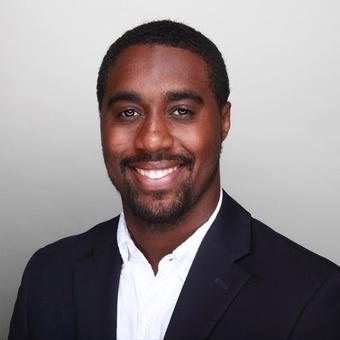Fox News Flash top headlines for March 7
Fox News Flash top headlines are here. Check out what's clicking on Foxnews.com.
The president of the Connecticut NAACP criticized Yale’s initiative to partner with Historically Black Colleges and Universities (HBCU), which is intended to provide HBCU students opportunities to conduct research and teach at the Ivy League institution.
Despite Yale’s efforts to rectify its past and support HBCUs, Connecticut NAACP president Scot X. Esdaile questioned the initiative, asking, "How does that help our community?"
Yale Provost Scott Strobel announced Tuesday that the Ivy League institution plans to commit $2 million annually over the next five years to the initiative.
The partnership, titled "Alliance for Scholarship, Collaboration, Engagement, Networking and Development (ASCEND)," pledges to "strengthen Yale’s partnership with HBCUs, whose missions center on the education of Black Americans."

(Despite Yale’s effort to rectify its past and support HBCUs, the Connecticut NAACP President Scot X. Esdaile questioned the initiative and accused Yale of "executing a power dynamic that benefits the institution at the expense of marginalized communities.")
ASCEND programs in collaboration with HBCU partners "commit to increasing representation and amplifying the significant contributions of HBCUs in shaping the academic landscape."
For instance, Yale will offer and fund fellowships for HBCU faculty members to conduct research projects at Yale for one semester. They added that the fellowship will "enable research collaborations, access to Yale’s collections, and engagement with other university resources."
Additionally, the ASCEND initiative will facilitate faculty collaboration grants and teaching fellowships for Yale and HBCU staff.
But the program didn't satisfy Esdaile.
"I’m not trying to disrespect, but I think that the constructive criticism should be there … by putting in $10 million for students to come back to Yale, how does that help our community?" the NAACP leader told Yale Daily News.
He continued, "… making Yale a more powerful institution doesn’t help our community. This is a step in the right direction, but I think that [Yale] has so much more that it needs to do."

Yale University president Peter Salovey speaks during the opening ceremony on day 2 of the Connecticut Open at the Connecticut Tennis Center at Yale on August 22, 2016, in New Haven, Connecticut. (Photo by Adam Glanzman/Getty Images) (Getty Images)
Yale announced the partnership two weeks after Yale University President Peter Salovey and Senior Trustee of the Yale Corporation Joshua Bekenstein issued a formal apology for Yale’s ties to slavery.
In addition to the apology, the university released the findings of the institution’s connection to slavery from the Yale and Slavery Research Project and published a book "Yale and Slavery: A History."
However, Esdaile took issue with Yale taking copyright ownership over the book and said failing to mention how Yale was complicit in eugenics and excluding the matter "undermines any real efforts toward reconciliation and real justice."
Per Yale Daily News, "Esdaile also raised concerns about the book’s lack of mention of Yale’s historical connections to eugenics. The American Eugenics Society was founded on Yale’s campus at 185 Church St. in 1926 by economics professor Irving Fisher and was run largely by Yale faculty."
The book ended in 1915 with the unveiling of the Civil War Memorial because the monument marks "the end of the concern over slavery directly." Yale News highlighted that while the memorial honors the lives of soldiers on both sides of the Civil War, it makes no mention of slavery.
Blight explained to Yale News that there were "great plans" to cover Yale's history after 1915 and into the 1930s but that "the book got too long."
A Yale spokesperson explained further to Fox News Digital that the "research team chose 1915 as the endpoint for the book, in part because the dedication of Yale’s Civil War Memorial was the capstone to decades of deliberate forgetting, both at Yale and in the country as a whole, about the reasons for the Civil War."
"In addition, the research team felt the book could end in 1915 because other students and scholars at Yale, led by Professor Daniel HoSang, have done so much work to research and understand the history of eugenics at Yale," the spokesperson said.
"Professor HoSang’s current research projects include a collaborative investigation into the history and afterlives of Eugenics research at Yale documented through the Anti-Eugenics Collective at Yale. Yale’s collections are available for other faculty members, scholars, and students to conduct further research on the legacies of slavery and racism in the 20th and 21st centuries."
As far as the university taking copyright ownership of the book, Esdaile took a swipe at Yale, claiming they are "executing a power dynamic that benefits the institution at the expense of marginalized communities."
"This is a whitewashed version of the story, and I think that Black historians, Black civil rights activists, Black leaders and Black educators need to come together and tell the real story," Esdaile said.

Connecticut NAACP president Scot X. Esdaile criticized Yale’s partnership with Historically Black Colleges and Universities (HBCU). (YouTube screenshot)
CLICK HERE TO GET THE FOX NEWS APP
When Yale officials were asked about copyright ownership by Fox News Digital, a spokesperson sent a statement that the "book is available online as a free digital download, and Yale has provided copies of the physical book at no charge to local libraries, including those of local schools."
They added that "proceeds of the book sales go to the Yale Gilder Lehrman Center for the Study of Slavery, Resistance, and Abolition to fund continued research, scholarship, and education on the history of slavery."
According to the Yale announcement, 5 HBCUs have committed to the ASCEND partnership so far; Hampton University, North Carolina A&T State University, Claflin University, Morgan State University, and Tuskegee University. The Ivy League school added that more schools will join in the coming months.
Yale's partnership with HBCUs predates ASCEND. In March 2023, they announced the Pennington Fellowship, involving partnerships with six HBCUs.










































